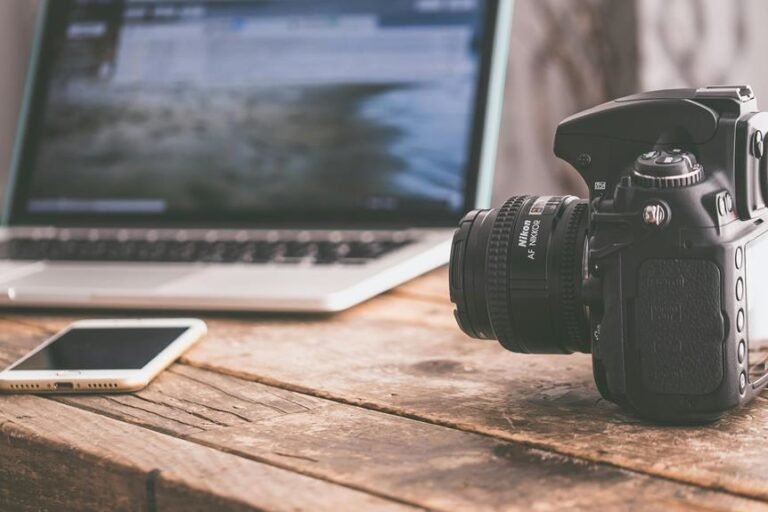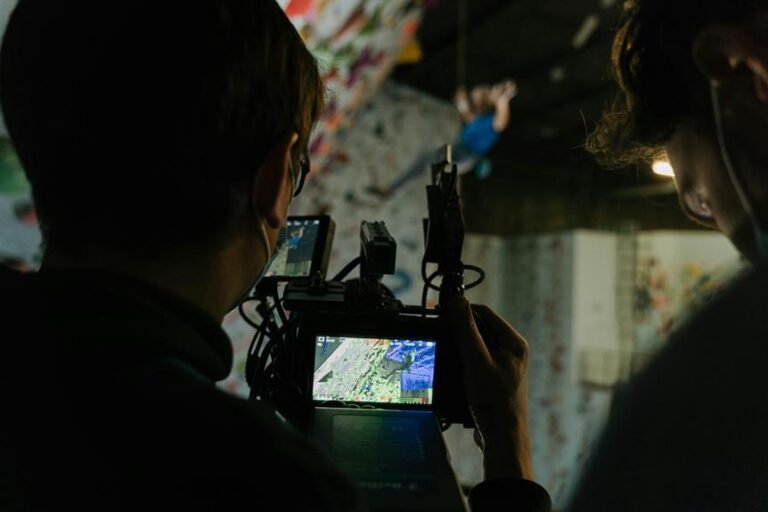Can Police Turn Off Body Cameras: Exploring Law Enforcement Body Camera Functionality
Police have the capability to turn off body cameras in certain situations, often to safeguard privacy rights or when not actively engaging in law enforcement duties. Understanding when and why police can deactivate these devices is essential. It's a key aspect of the complex interplay between accountability and privacy considerations in policing. This functionality adds layers of complexity to the use of body cameras in law enforcement, influencing transparency and trust. Exploring these dynamics further can provide deeper insights into the nuances of police body camera operations.
A Quick Overview
- Policies should outline specific situations when police officers are allowed to turn off body cameras to ensure accountability.
- Compliance with regulations is essential when deciding to turn off body cameras to maintain transparency and integrity.
- Privacy concerns must be carefully considered and balanced when determining the appropriate times to turn off body cameras.
- Effective law enforcement operations rely on the proper use of body cameras to capture crucial evidence and interactions.
- Finding the right balance between respecting privacy rights and the necessity of recording is a significant challenge that needs to be addressed.
Body Camera Functionality Overview
Exploring the functionality of body cameras offers a thorough understanding of their operational capabilities in law enforcement settings.
The recording quality and battery life are essential factors to guarantee reliable evidence collection. Additionally, efficient data storage and remote access are critical for securely managing recorded footage and enabling quick retrieval when needed.
These features play a significant role in enhancing accountability and transparency within law enforcement operations.
Capabilities of Law Enforcement Body Cameras
Understanding the capabilities of law enforcement body cameras is essential for comprehending their role in enhancing transparency and accountability in policing operations.
These cameras often have features such as remote access for live monitoring and data retrieval.
However, concerns regarding privacy arise due to the potential access to sensitive footage.
Balancing the benefits of remote access with addressing privacy concerns remains a challenge for law enforcement agencies.
Limitations of Body Camera Technology
Body camera technology in law enforcement comes with inherent limitations that impact their effectiveness in capturing all aspects of police interactions.
Privacy concerns arise from the constant recording, leading to debates over when cameras should be turned on or off to respect individuals' rights.
Additionally, managing the vast amounts of data collected poses challenges regarding storage capacity and data retention policies.
Policies and Regulations on Body Cameras
What regulations govern the deployment and use of law enforcement body cameras? Policies vary, but common themes include guidelines on when cameras should be activated, where footage can be stored, and for how long.
Privacy concerns are a key consideration, with regulations often addressing issues such as recording in private spaces.
Additionally, data retention policies are vital to make sure that footage is securely stored and only accessed when necessary.
Impact on Police Accountability
The impact of law enforcement body cameras on police accountability is a subject that has garnered significant attention and scrutiny in recent years. These cameras provide transparency benefits by capturing interactions between officers and the public.
They serve as accountability measures, holding law enforcement accountable for their actions and decisions. The footage recorded by body cameras can provide valuable insights into incidents, contributing to increased accountability within police departments.
Enhancing Public Trust
Enhancing public trust in law enforcement is a multifaceted endeavor that involves fostering transparency, accountability, and community engagement. Trust building can be achieved through implementing robust transparency measures, such as ensuring body cameras are always on during interactions with the public.
Frequently Asked Questions
Can Body Cameras Be Remotely Controlled by Law Enforcement Agencies?
Yes, law enforcement agencies can remotely control body cameras. This functionality raises concerns about privacy risks and potential manipulation. It is crucial to address these issues to guarantee transparency and accountability in the use of such technology.
Are There Any Privacy Concerns Regarding Body Camera Footage Storage?
When considering privacy implications of body camera footage storage, it's imperative to prioritize data security. Ensuring strict protocols for access and storage can mitigate concerns. Transparency and accountability in handling this sensitive information are vital.
How Do Body Cameras Handle Low-Light or Nighttime Situations?
In low-light or nighttime scenarios, body cameras utilize night vision technology to enhance image clarity, ensuring ideal visibility. This feature enables law enforcement officers to capture clear footage even in challenging lighting conditions, enhancing accountability and documentation.
Can Body Camera Footage Be Edited or Tampered With?
When it comes to body camera footage, ensuring data integrity and video authenticity is vital. Tampering or editing footage can compromise the trust in law enforcement. It's important for agencies to have strict protocols in place to prevent any manipulation.
What Measures Are in Place to Prevent Unauthorized Access to Body Camera Footage?
In order to maintain data security, access control measures are implemented to prevent unauthorized access to body camera footage. Strict protocols, encryption, and user authentication are in place to safeguard the integrity and confidentiality of recorded materials.







